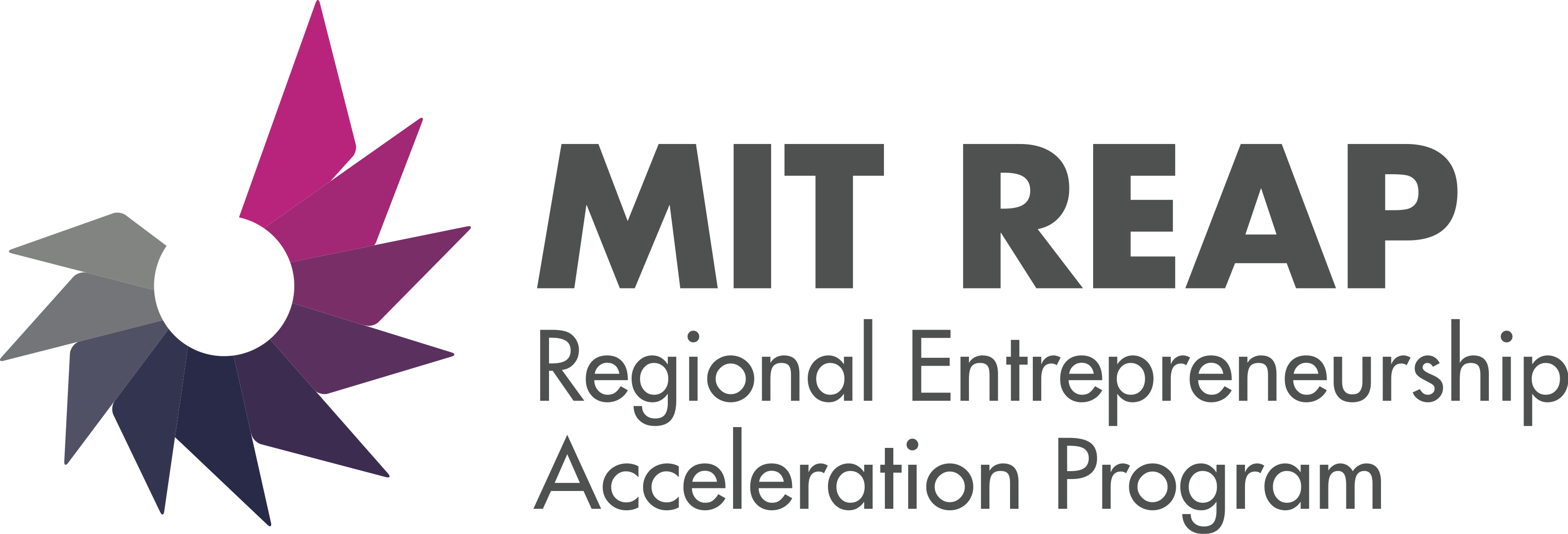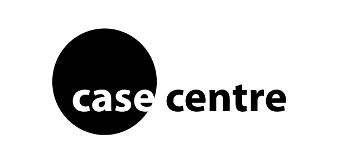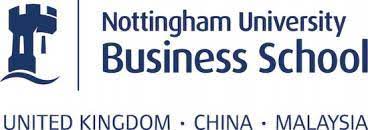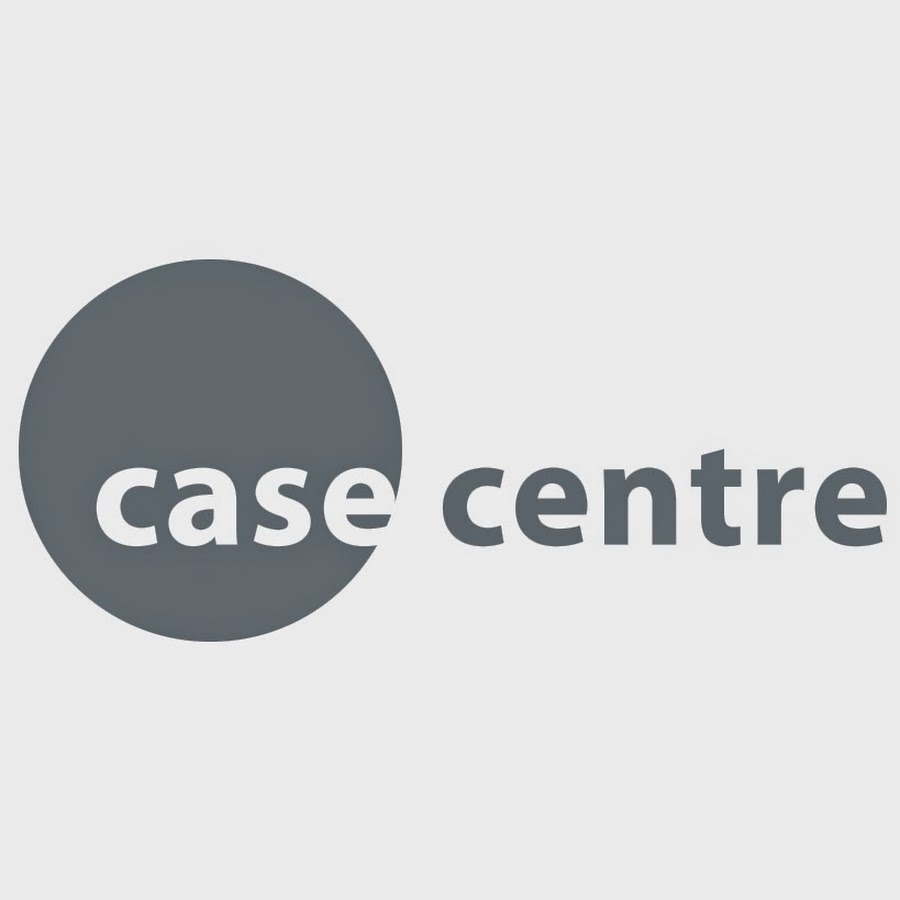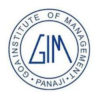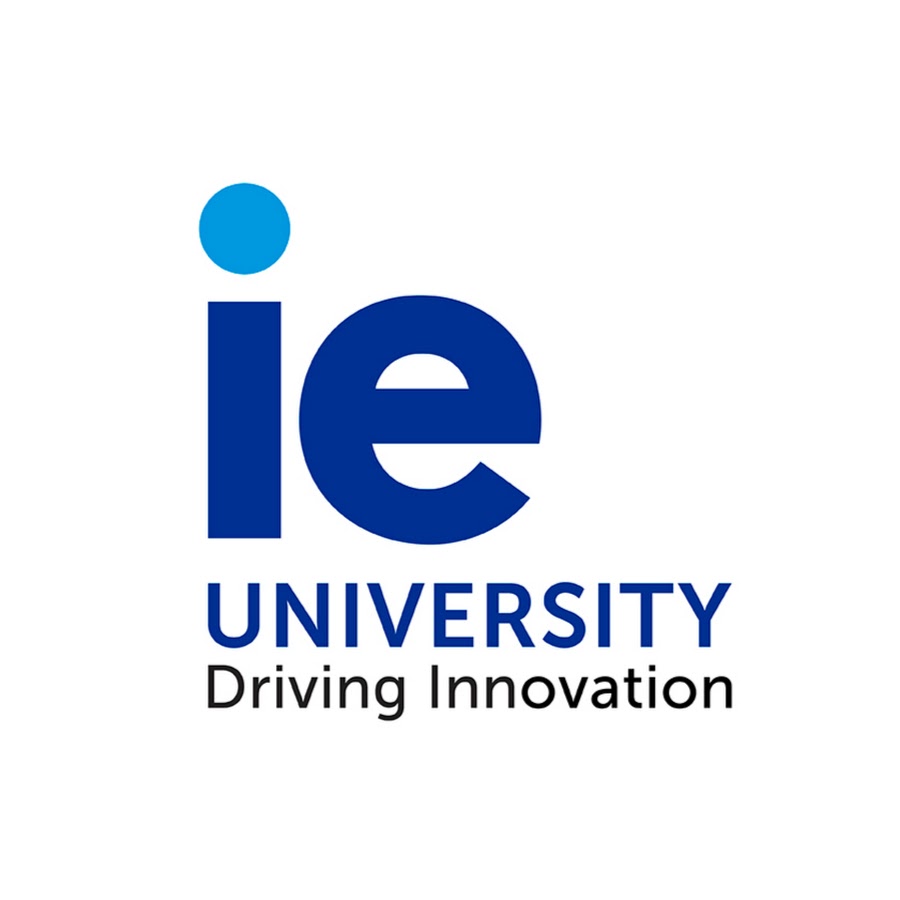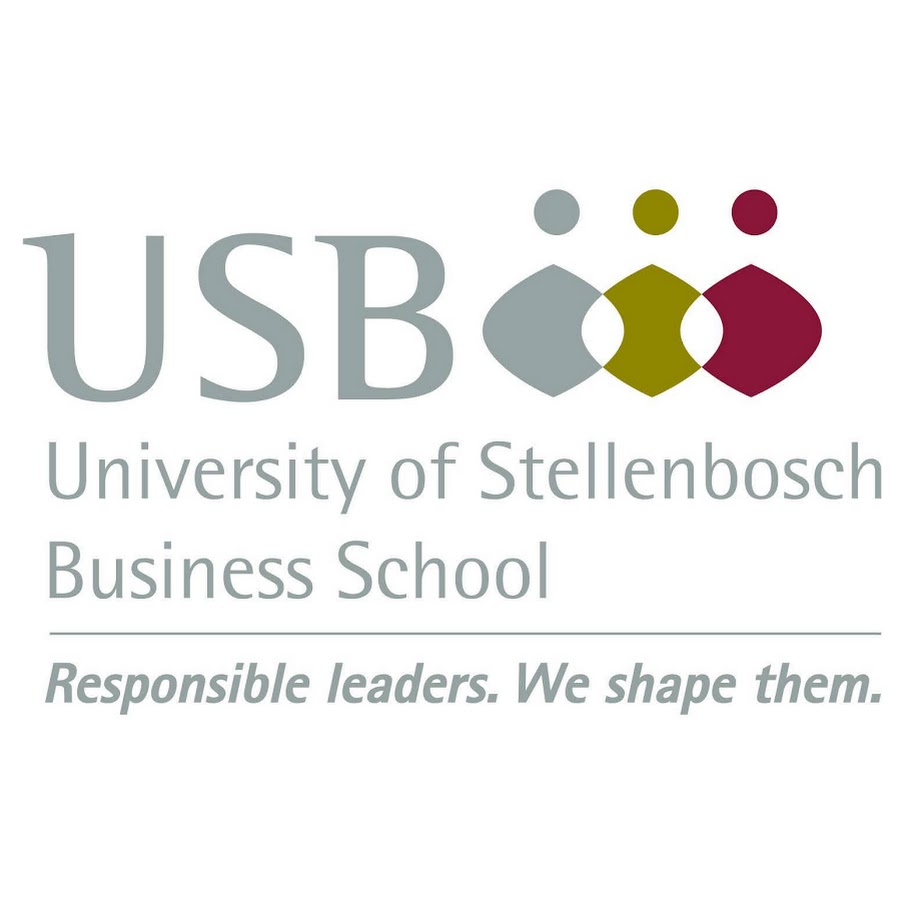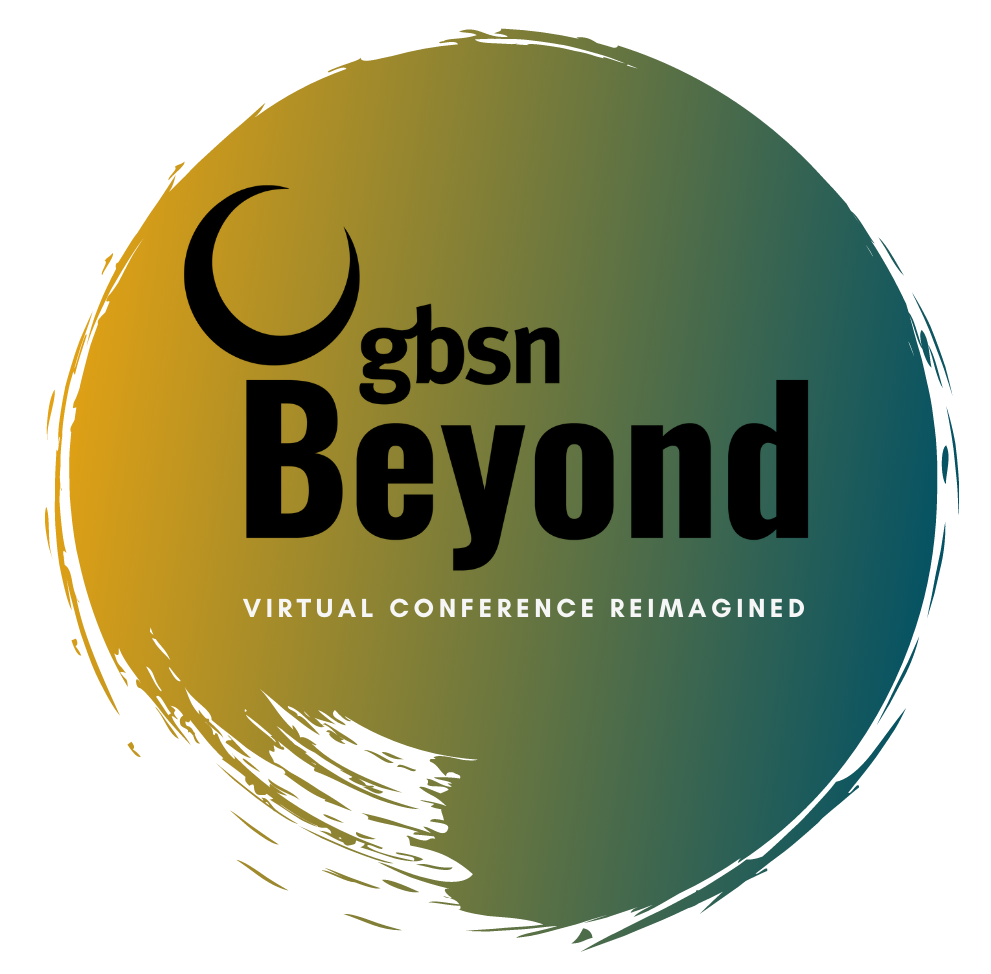
Guest Editors:
Professor Ken McPhail, Alliance, Manchester Business School (kenneth.mcphail@manchester.ac.uk)
Professor Mario Kafouros Alliance, Manchester Business School (marios.kafouros@manchester.ac.uk)
Professor Peter McKiernan, Strathclyde Business School (peter.mckiernan@strath.ac.uk)
Professor Nelarine Cornelius, Queen Mary University (n.cornelius@qmul.ac.uk)
Paper Submission Deadline: 15 October 2022
Societal, governmental and investor expectations about the purpose of business are fundamentally changing (British Academy, 2019). In a shift away from Friedman’s view that “the sole purpose of a business is to generate profits for its shareholders”, business is now expected to be a force for good, generate value in different ways and for different groups, and partner with government and NonGovernmental Organizations (NGO’s) to address our most urgent global challenges (Ferraro et al., 2015; George et al., 2016).
The UN Sustainable Development Goals (SDG’s) identify these challenges and there is also an emerging policy consensus that reaching these goals will require a profound transition in business and societal systems (IPCC, 2018; Köhler et al., 2019). While the literature has started exploring these challenges (the recent special issue on energy transition in this journal is a case in point), the potential for business and management scholarship to help understand the problems and find solutions is not being fully realized (Bebbington and Unerman, 2020; Buckley et al., 2017; George et al., 2016; Muff et al., 2017). As a result, there is a rather limited understanding of whether sustainable and inclusive productivity growth is possible (Jacobs and Mazzucato, 2016) and – if it is – the roles business, the public sector and NGO’s will have to play in attaining it (George et al., 2016).
New organizational forms are emerging to tackle these wicked problems (Arciniegas Pradilla, et al., 2022; Battilana, 2018), while existing firms are reformulating their business models in an effort to find the optimal balance between generating profits for their shareholders (or attracting new investors) and generating value for the environment, society and the economy. These real and envisioned shifts in business and management practice prompt the need to increase our knowledge of how these challenges are impacting businesses and the experience of work (George et al., 2016). Policy makers and business leaders also need to understand how business and management contribute to these problems; how business can help solve them; and the factors that influence where efforts to mobilize are successful or become displaced (Grodal and O’Mahony, 2017). We need to “use the methodological and theoretical toolkit at our disposal to co-create the future” (Gümüsay and Reinecke, 2021).
The British Journal of Management (BJM) will publish a special issue on “Reimagining business and management as a force for good” in 2024. This special issue encourages theoretical and empirical contributions on how business and management is taking on a broader social purpose in order to address grand societal challenges. The collection of papers will complement and enrich existing theoretical and empirical work on the changing nature of the firm, new organizational futures, and sources of innovation and value generation. We are also interested in how these shifts impact business growth and productivity along with the internal management practices and intangible capitals responsible for driving these outcomes.
The call for papers welcomes theoretical, comparative and empirically based submissions. We are particularly interested in contributions that approach the theme from an interdisciplinary perspective. While we encourage submissions on the themes outlined below, the list is not exhaustive.
Political Corporate Social Responsibility (CSR) & Democracy. A key question in relation to understanding the role of business in addressing grand challenges relates to their role in filling governance gaps where state regulation is failing (Fougère and Solitander, 2020). While some research views emerging multi-stakeholder forms of governance as promising new modes of institutional democracy (Donaghey and Reinecke, 2018) that can deliver economic and social upgrading (Barrientos et al., 2011), others argue they bypass democratic institutions and reinforce economic and cultural imperialism (Alamgir and Banerjee, 2019). We welcome contributions to these profound questions that bring contemporary developments in political science and policy domains to the study of these new collaborative forms of governance, to help understand how they could operate in ways compatible with democratic values (Scherer et al., 2016).
Business & Human Rights – Since the UN Guiding Principles on Business and Human Rights (UNGP) were unanimously endorsed by the United Nations Human Rights Council in 2011, a growing body of literature has studied the role of the corporation in both protecting and respecting human rights (McPhail and Adams, 2016). However, the implications for business models and processes of a shift in perspective from a stakeholder view of CSR to a rights holder framework, grounded in international law, is currently lacking from the business and management literature. The third pillar of the UNGP’s, which places a responsibility on business to provide remedy for human rights abuses has also remained relatively unexplored (Maher et al., 2021; Schormair and Gerlach, 2020). We welcome submissions that seek to understand business-related human rights abuses, particularly within a digital context, and non-state mechanisms that provide access to remedy. We also welcome further analysis of the way businesses are protecting social, political and economic rights and beginning to associate the realization of rights with new market opportunities.
Innovation, Entrepreneurship & Humanitarianism – Although we know that firms create value through innovation both internally and collaboratively with partners, less is known about how the different ways in which organizations innovate, impact value creation (and different types of value) (Kafouros et al. 2022). We welcome studies that investigate how the way firms and entrepreneurs innovate influences the creation of value for different organizations and helps address grand challenges. A related body of research is beginning to explore the extent to which grand challenges are a source of innovation and value generation (Battlana, 2018). For example, while, MNC’s have gradually entered the humanitarian market over the last twenty years (Carbonnier and Lightfoot, 2016; Sezgin and Dijkzeul, 2016) business and management scholarship on corporate engagement in humanitarian action remains limited (Scott- Smith, 2016). While we are less interested in corporate philanthropy, we encourage submissions that explore where corporate engagement in humanitarianism is delivering technological innovation; workplace enhancement and access to lucrative business markets (Andonova and Carbonnier, 2014; Scott-Smith, 2016; Zyck and Kent, 2014).
The Generation and Distribution of Economic, Social & Environmental Value – We welcome further theoretical and empirical investigations of how businesses are viewing grand challenges as sources of economic as well as social and environmental value (Ferraro et al., 2015). However, a crucial but comparatively unexplored question that underpins many of the grand challenges we face, relates to how value generated by economic activity is distributed and the role of business in reinforcing and reducing inequalities more generally. The literature is beginning to explore the role that international business can play in addressing social and economic upgrading across supply chains (Ashwin et al., 2020). We particularly encourage submissions which explore how grand challenges affect foreign direct investment (FDI) and other internationalization activities (Buckley et al., 2017) and the subsequent impact this may have on inequality (Amis et al., 2020, 2021). In addition, we know that firm internationalization involves cycles of internationalization and de-internationalization which effectively means that firms often reduce the depth and spread of their international footprint, reconfigure their portfolio of international operations, or even withdraw from foreign markets completely (Kafouros et al., 2021). We welcome research that investigates how changes in the configurations of the foreign operations of firms influences the way in they generate (and in certain cases co-create) value for themselves and external organizations.
Accounting for Grand Challenges – Finally, the literature has identified the need for more research on the role of accounting in addressing the sustainable development goals (Bebbington and Unerman, 2020, 2018). The lack of accounting literature on the SDG’s does not reflect the level of engagement in practice (PWC, 2019). We welcome theoretical and empirical studies of how grand challenges are made accountable and auditable through internal management practices and how organizations are being held accountable in ways which help understand and undermine the extent to which these challenges are being ameliorated (Islam, Deegan and Gray, 2018). However, in addition to studies of how companies are managing these challenges, we also welcome papers that explore the role of utopias and envisioned futures in upholding our trust in the numbers (Gümüsay and Reinecke, 2021).
Submission Process
BJM is published by the British Academy of Management and provides an outlet for research and scholarship on management-orientated themes and topics. It publishes articles of a multi-disciplinary and interdisciplinary nature as well as empirical research from within traditional disciplines and managerial functions. With contributions from around the globe, the Journal includes articles across the full range of business and management disciplines. High quality papers that do not make the final set of papers for the special issue may be considered for publication in a regular issue of the journal.
Deadline for Paper Submissions: 15 October 2022
Special issue published: 2024
Authors should ensure they adhere to the journal author guidelines which are available below.
Submissions
Submissions should be uploaded to the British Journal of Management ScholarOne Manuscripts site below.
Authors should select ‘special issue paper’ as the paper type, ensure they answer ‘yes’ to the question ‘Is this submission for a special issue?’ and enter the title of the special issue in the box provided.



